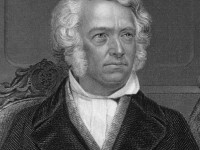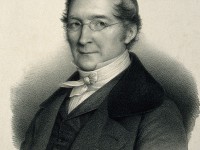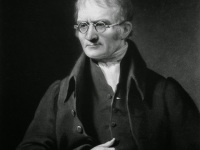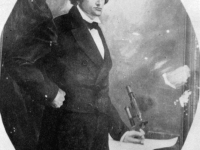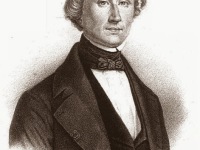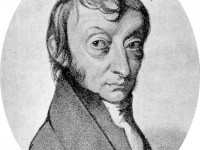Leopold Gmelin and the Chemistry of Digestion
On August 2, 1788, German chemist Leopold Gmelin was born. Gmelin discovered potassium ferrocyanide (1822), devised Gmelin‘s test for bile pigments and researched the chemistry of digestion. He published the notable Handbook of Chemistry to comprehensively survey the subject. This was the first thorough update since the era of Lavoisier‘s influence.[4] He also coined the names ester, ketone and racemic acid. Leopold Gmelin – Early Years Gmelin was born in Göttingen, Germany, the…
Read more

